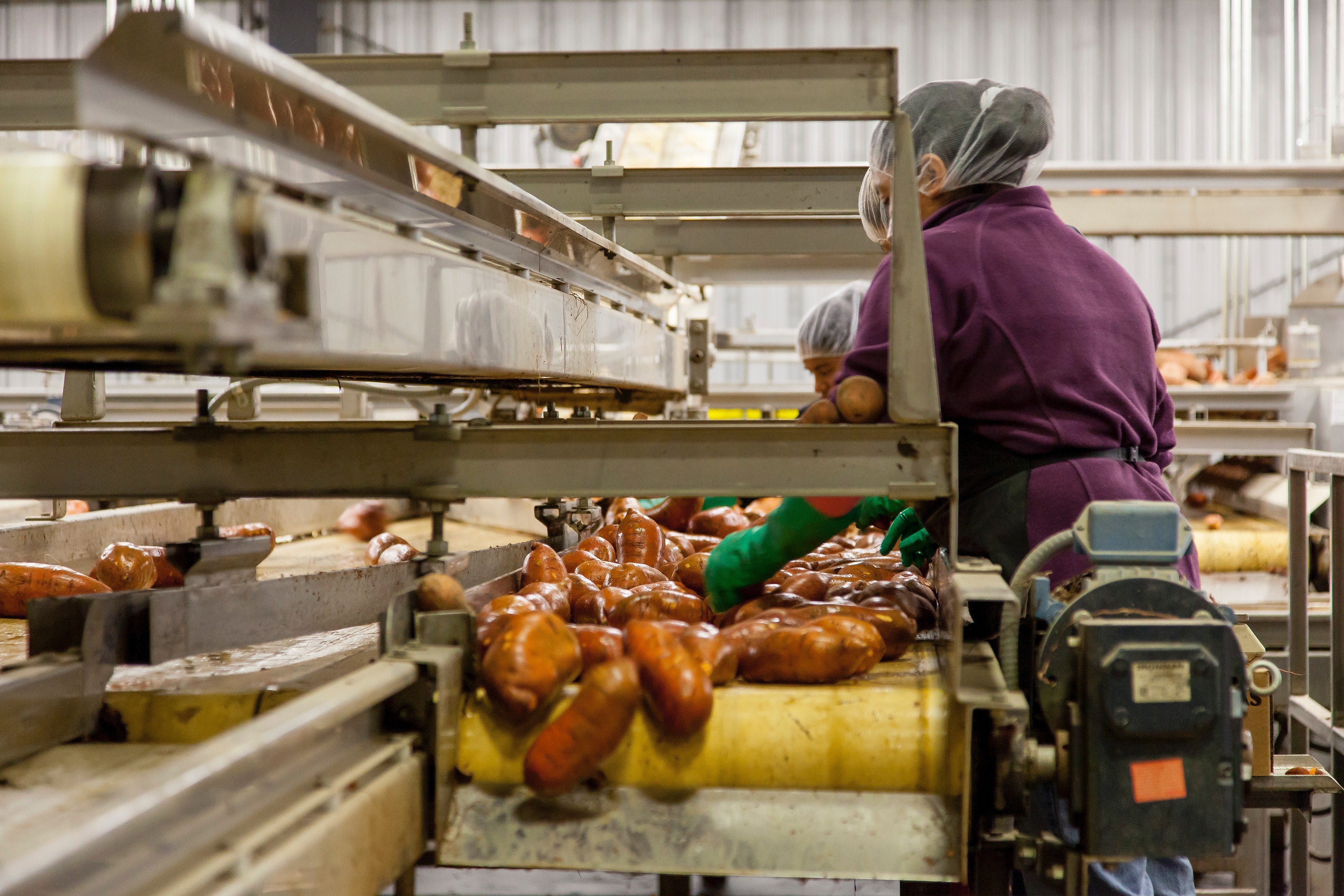Menú
HEALTHY LIVING
What Does Vegetarianism mean in 2020


March 16, 2020
What Does Vegetarianism mean in 2020
I’ve said that in the last 20 years there has been an upsurge in vegetarianism...
Nutrition Care Manual for What to Eat


March 11, 2020
Nutrition Care Manual for What to Eat
Let us think for a moment about the concept of epistemology. Epistemology is a two-dollar...
44 Ways To Avoid Genetically Modified Organisms (GMOs)


February 17, 2020
44 Ways To Avoid Genetically Modified Organisms (GMOs)
For twenty years the federal government, through the USDA and FDA, has stated unequivocally that...
To Save the Planet and Sustain Your Health, Become a Vegan


February 12, 2020
To Save the Planet and Sustain Your Health, Become a Vegan
On Sunday evening, the Academy Award recipient Joachim Phoenix gave an extraordinary speech. He spoke...
Coconut Oil: A Real Power House


April 30, 2019
Coconut Oil: A Real Power House
Coconut Oil One of the few foods classified as a “superfood”, coconut oil has a...
- Elegir una selección da como resultado una actualización de página completa.


